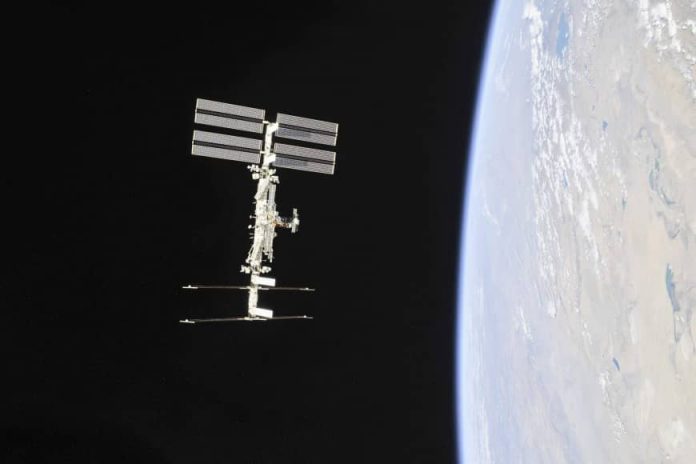Russia’s space agency says that one of the International Space Station’s computers has malfunctioned, but the glitch doesn’t pose any risks to the crew.
Roscosmos said Tuesday that one of three computers in the station’s Russian module has failed.
It said Russian flight controllers plan to reboot it Thursday.
The agency emphasized that the computer problem wouldn’t affect the station’s crew – NASA’s Serena Aunon-Chancellor, Russian Sergei Prokopyev and German Alexander Gerst.
It said two other computers can maintain the station’s operation.
The glitch follows last month’s aborted launch of a new station crew.
NASA astronaut Nick Hague and Roscosmos cosmonaut Alexei Ovchinin landed safely after their Russian booster rocket failed two minutes into the Oct. 11 flight.
Last week Russia’s space agency revealed new video footage of the Soyuz rocket failute that forced astonauts to abandon their mission to the International Space Station 50 miles above Earth.
It shows one of the rockets four boosters failing to release properly, causing the terrifying spin.
Usually, the four boosters fall away perfectly symmetrically, creating a visual phenomenon sometimes referred to as a ‘Korolev Cross,’ after a Soviet rocket engineer.
Russian investigators say that the rocket itself was sound – and a sensor that sent the signal to jettison the rocket was to blame.
The Soyuz-FG rocket carrying a NASA astronaut and a Roscosmos cosmonaut failed two minutes into the Oct. 11 flight, sending their emergency capsule into a sharp fall back to Earth.
They landed safely on a steppe in Kazakhstan, but the aborted mission dealt another blow to the troubled Russian space program that serves as the only way to deliver astronauts to the orbiting outpost.
Roscosmos’ executive director Sergei Krikalyov said the probe found that a malfunction of a sensor which signals the jettisoning one of the rocket’s four side boosters caused the booster to collide with the second stage of the rocket, but didn’t explain why it didn’t work.
The next crew is set to be launched in early December.








